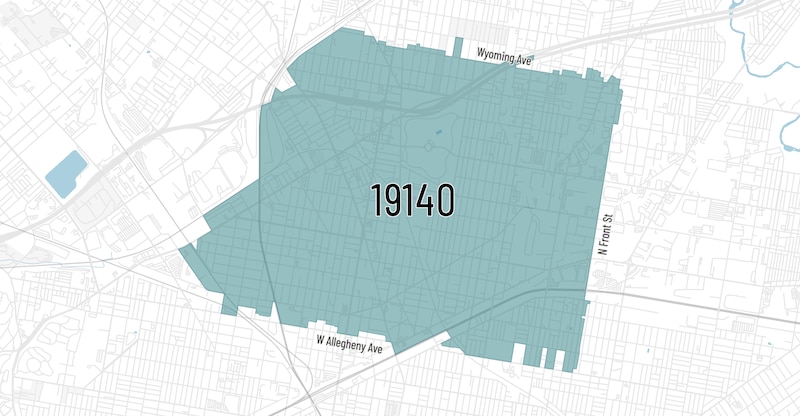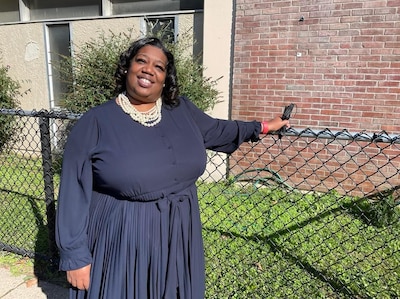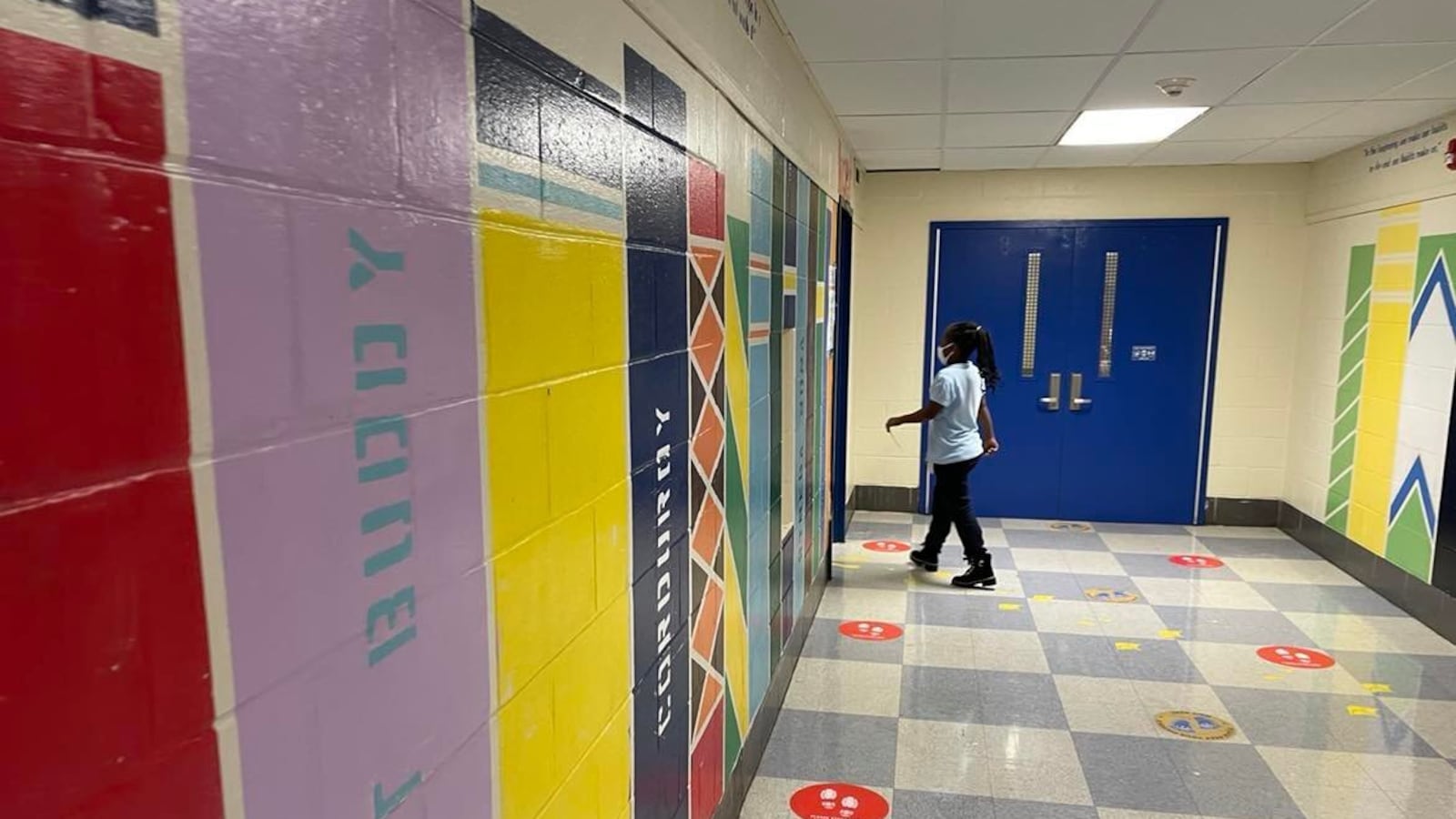Leer en español.
North Philadelphia resident Tisha Sanabria fears she’s reached a breaking point.
The single mother has found it difficult to enroll her 4-year-old son in Head Start, a free, full-day preschool that serves more than 9,500 children in Philadelphia.
It is one of several programs offered to parents and families of early learners in low-income areas. But, as with Sanabria, parents often lack information and access to services. Sometimes, they don’t know where to start.
Sanabria, who is a resident in Philadelphia’s second poorest ZIP code, 19140, said she’s faced too many hurdles getting her son in school and simply needs help.
“It’s really hard because I don’t drive and it’s hard for me to go down there [the district] with no transportation and when they just tell you to go online and register him. I just want to get him in school ASAP,” Sanabria said.
Starting today, Chalkbeat will explore how pandemic schooling has affected the youngest learners in the 19140 ZIP code, from students whose education was interrupted by closures and remote learning to youngsters who have never been in a classroom.

19140 snakes across Philadelphia from North Front Street to Wayne Junction, bordered on the south by Allegheny Avenue and the north by Wyoming Avenue, encompassing neighborhoods in North Philadelphia and Kensington. Its population closely resembles the racial makeup of the Philadelphia school district: 54% Black and 40% Latino. According to census data, it is the second poorest ZIP code in the city.
There are about 20 elementary schools in the area — district, charter, and private, with more than two dozen early learning centers dotted across its landscape.
The bureau’s coverage will reflect concerns families and educators have about early learners in 19140. What percentage of students remained remote after the Philadelphia school district offered a hybrid option? Have they regressed academically and socially since their return to school? Is there enough support to help with the technological and language barriers that may exist for early learners? What programs are needed most for early learners in 19140 to succeed?

Aliyah Catanch-Bradley, principal of Mary McLeod Bethune Elementary School, which sits in the heart of the ZIP code, said “it’s been a journey for families” coming from all-virtual learning.
“It’s a very daunting time. We are not post pandemic, we are still in a pandemic. It’s just getting everyone back to the structure of school. The best way to support families is to ask them what it is that they need and then provide it. And make sure that you have an open door policy where they can come speak to you openly about what support they need.”
Students in 19140 are struggling in the classroom. Chalkbeat compiled test scores from the 2019-2020 school year for the seven district schools in the area. Only 10% of the ZIP code’s third graders were proficient in math compared to 56% from across Pennsylvania, while just 18.4% were proficient in English compared to 32% across the district, according to data from the school district. (More recent data were not available because of the pandemic.)
Tomea A. Sippio-Smith, K-12 education policy director at Children First, a nonprofit that advocates for equity and quality in public education in Southeastern Pennsylvania, said it’s important to track students’ academic progress because educators may not know where they were in terms of their learning before the pandemic.
“If we didn’t know that information prior, how will we know what services we need to put in place in order to ensure that they are able to meet grade-level standards and learning requirements? So if we don’t know where they are or we don’t know if they’ve returned to school, we can’t provide the services or resources to fill in any gaps they may have or to address any learning loss they may have,” Sippio-Smith said.
Chalkbeat Philadelphia wants to hear from families and educators in 19140. Take our survey below or go here if you are on a mobile device. Your responses will really help our journalism.



